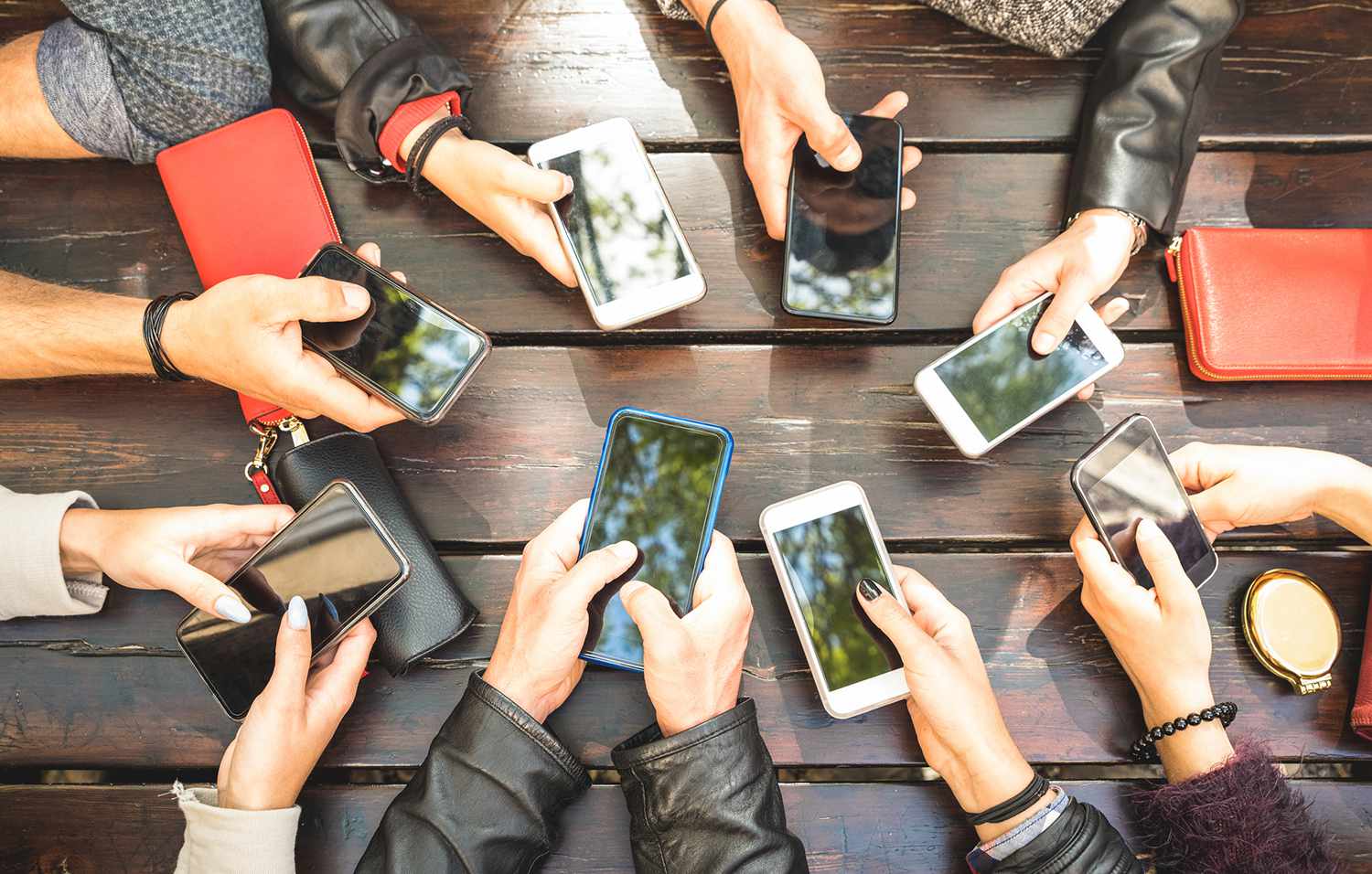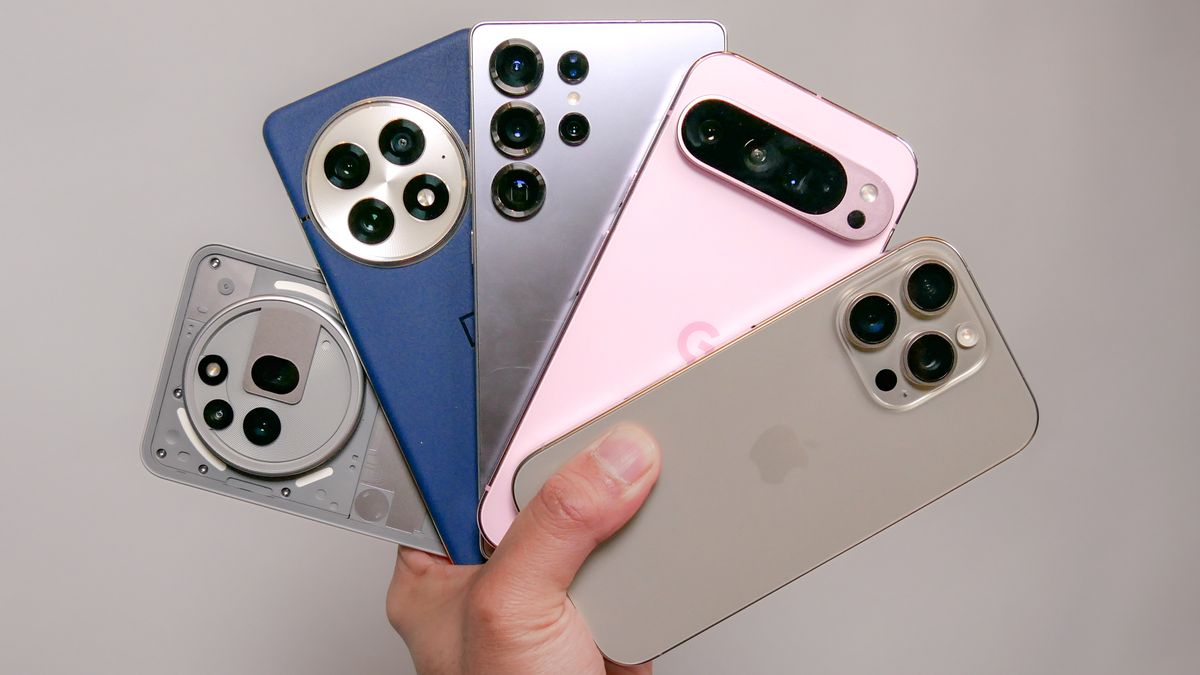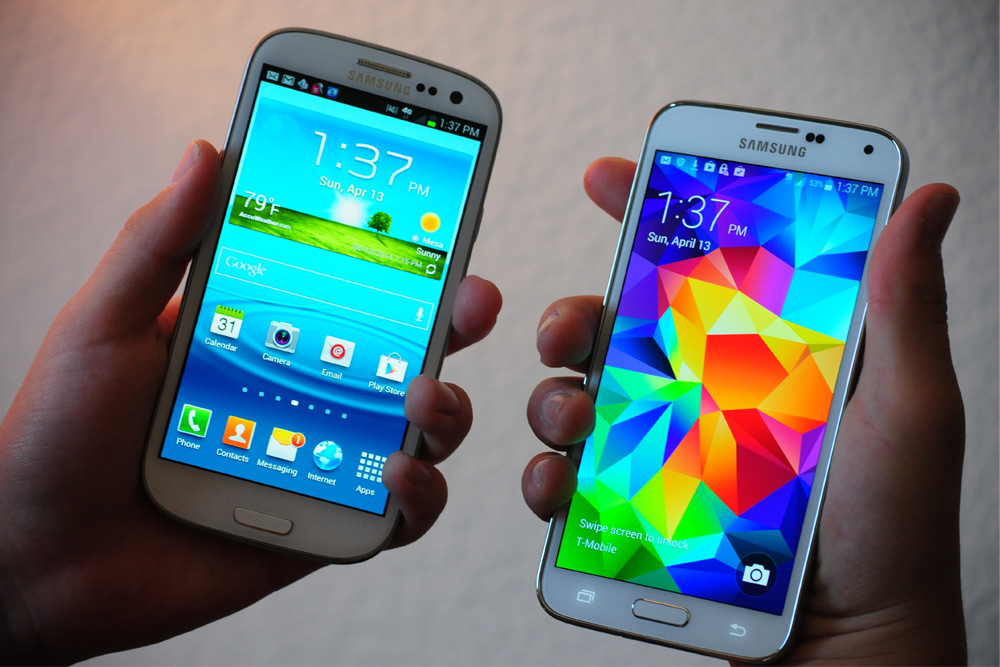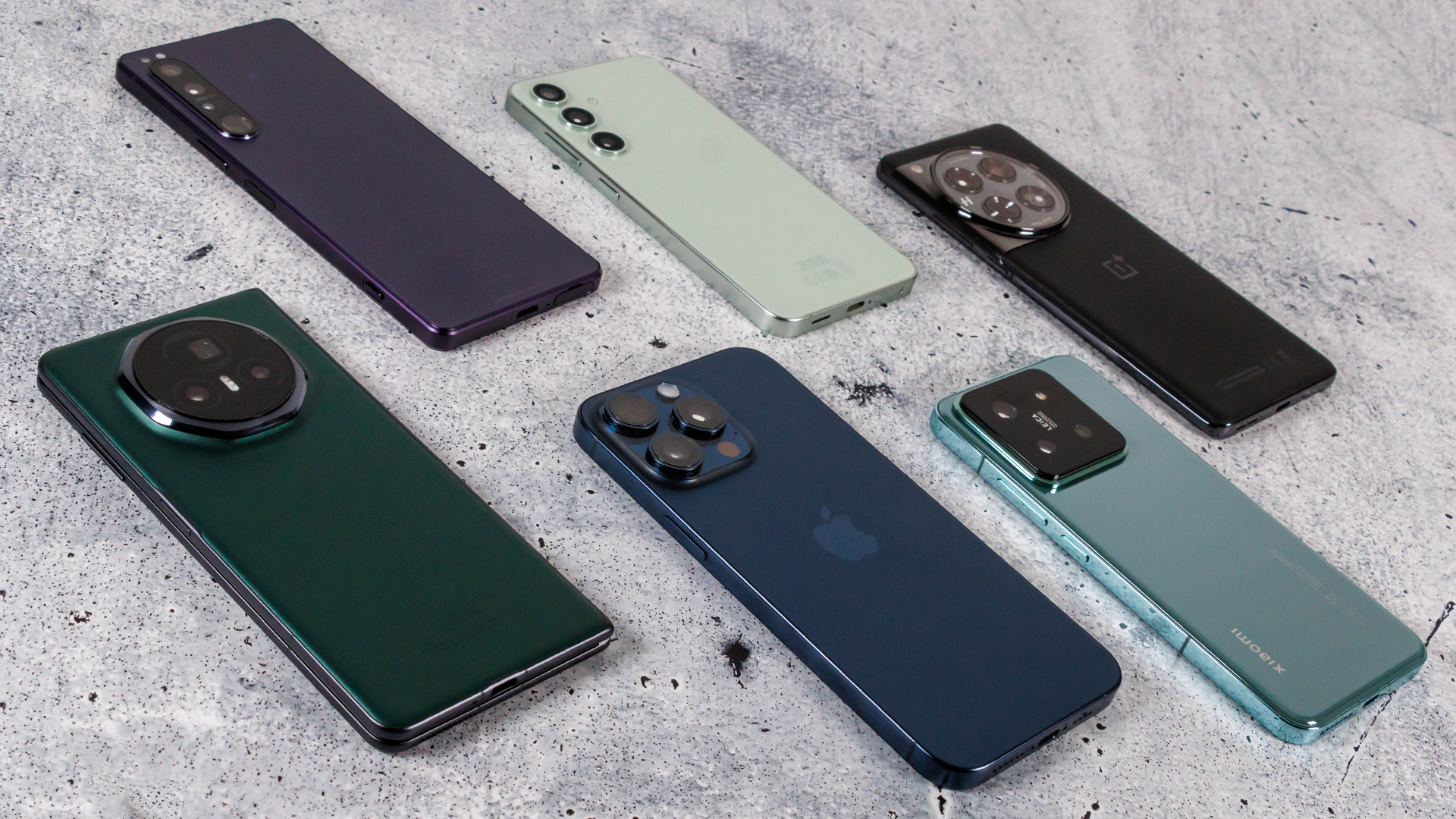
Android vs iPhone A Complete Comparison to Help You Choose the Right One
Introduction
Choosing the right smartphone is a major decision that can impact your daily life. In the battle of Android vs iPhone, both platforms offer unique features, advantages, and limitations. This guide will provide a comprehensive comparison to help you make an informed decision.
1. What is Android?
Definition and Overview of Android OS
Android is an open-source operating system developed by Google. It is the most widely used mobile operating system globally. Unlike iOS, Android allows manufacturers to customize the system to suit their devices. Android is available on a wide variety of smartphones, from budget-friendly models to high-end flagship devices.
2. What is iPhone?
Definition and Overview of iOS
The iPhone runs on iOS, Apple’s exclusive operating system. Known for its sleek design, user-friendly interface, and integrated hardware-software ecosystem, iPhones are popular worldwide. iOS is known for its simplicity, security, and fluidity in operations.
3. Key Differences Between Android and iPhone
| Feature | Android | iPhone |
|---|---|---|
| Operating System | Android OS (Open-source) | iOS (Proprietary) |
| Customization | High customization (Themes, Widgets, etc.) | Limited customization (Standardized design) |
| App Store | Google Play Store | Apple App Store |
| Device Variety | Multiple brands and models | Limited to Apple devices |
| Pricing | Wide range of pricing options | Premium pricing |
4. User Interface and Experience
Android’s Customization vs iPhone’s Consistency
One of the main advantages of Android is its ability to be customized. Users can adjust the home screen layout, set widgets, and choose default apps for various actions. On the other hand, iPhones offer a more uniform experience, focusing on ease of use and simplicity.
5. Performance and Speed
Android Performance and Variability
Android devices come with varying levels of performance, depending on the hardware. Flagship phones like the Samsung Galaxy S series offer top-tier performance, while budget phones may struggle with speed and efficiency.
iPhone Performance
iPhones typically provide seamless performance, especially because Apple designs both the hardware and software. The integration between iOS and Apple’s custom chips like the A-series ensures that iPhones are fast and efficient.
6. Camera Quality: Android vs iPhone
Android Camera Technology
Many Android devices are equipped with high-quality cameras, such as the Google Pixel or Samsung Galaxy series. Android phones often offer more advanced features like telephoto lenses and better zooming capabilities.
iPhone Camera Excellence
iPhones are known for their camera consistency. Apple’s computational photography ensures that users can capture stunning photos and videos, with advanced features like Night Mode and Deep Fusion.
7. Battery Life Comparison
| Feature | Android | iPhone |
|---|---|---|
| Battery Longevity | Varies widely based on device | Generally optimized for longevity |
| Fast Charging | Supported by various brands | Proprietary fast charging via Lightning cable |
| Wireless Charging | Available on high-end models | Available on most models |
8. Software Updates and Security
Android Software Updates
Android phones receive updates at varying times, depending on the manufacturer. Google Pixel devices are among the first to receive updates, but other brands may lag behind.
iPhone Software Updates
Apple provides timely software updates to all supported devices simultaneously. iPhones generally receive software updates for 5+ years, ensuring a longer lifespan.
9. Google Services vs Apple Ecosystem
Android Integration with Google Services
Android smartphones seamlessly integrate with Google services like Gmail, Google Drive, and Google Maps. The deep integration with Google Assistant also offers a more customizable experience.
Apple Ecosystem
The Apple ecosystem is one of the key reasons why people choose iPhones. The seamless integration with macOS, iPads, Apple Watches, and other devices makes the overall user experience highly fluid and interconnected.
10. App Store Availability
| Feature | Android | iPhone |
|---|---|---|
| App Store Availability | Google Play Store | Apple App Store |
| App Approval Process | Easier for developers to publish apps | Stringent approval process for apps |
| App Variety | Larger variety of apps and free apps | Higher quality control but fewer free apps |
11. Gaming Performance
Android Gaming
Android devices, especially those with high-end specs like the ASUS ROG Phone or the Samsung Galaxy series, offer great gaming performance. However, the experience can vary between different devices.
iPhone Gaming
iPhones are known for their excellent gaming performance. With robust hardware and optimizations from Apple, iPhones deliver a smooth and responsive gaming experience.
12. Privacy and Data Security
Android Privacy Features
Android offers extensive privacy settings and control over data sharing, but the open-source nature of Android can sometimes raise concerns about app permissions.
iPhone Security and Privacy
Apple places a strong emphasis on privacy, with features like App Tracking Transparency and iCloud encryption, ensuring that your data remains secure.
13. Android vs iPhone: The Cost Factor
Cost of Android Phones
Android phones range in price from affordable entry-level models to expensive flagship devices. The flexibility in pricing makes Android a more budget-friendly option.
Cost of iPhones
iPhones come at a premium price, but they offer top-tier hardware, a secure OS, and longevity through software updates, making them worth the investment for many users.
14. Customization and Personalization
| Feature | Android | iPhone |
|---|---|---|
| Theme Customization | Highly customizable with third-party apps | Limited customization (Widgets, Wallpapers) |
| Default App Changes | Easy to change default apps | Limited ability to change default apps |
15. Which One is Right for You?
Consider Your Preferences
The choice between Android and iPhone depends on your personal preferences, budget, and priorities. If you value customization and a wide variety of device options, Android may be the better choice. However, if you prioritize ease of use, privacy, and ecosystem integration, the iPhone might be the better option.
Conclusion
In conclusion, both Android and iPhone offer a unique set of advantages and disadvantages. Whether you go for an Android device or an iPhone, it ultimately depends on what suits your lifestyle, budget, and preferences the most.



